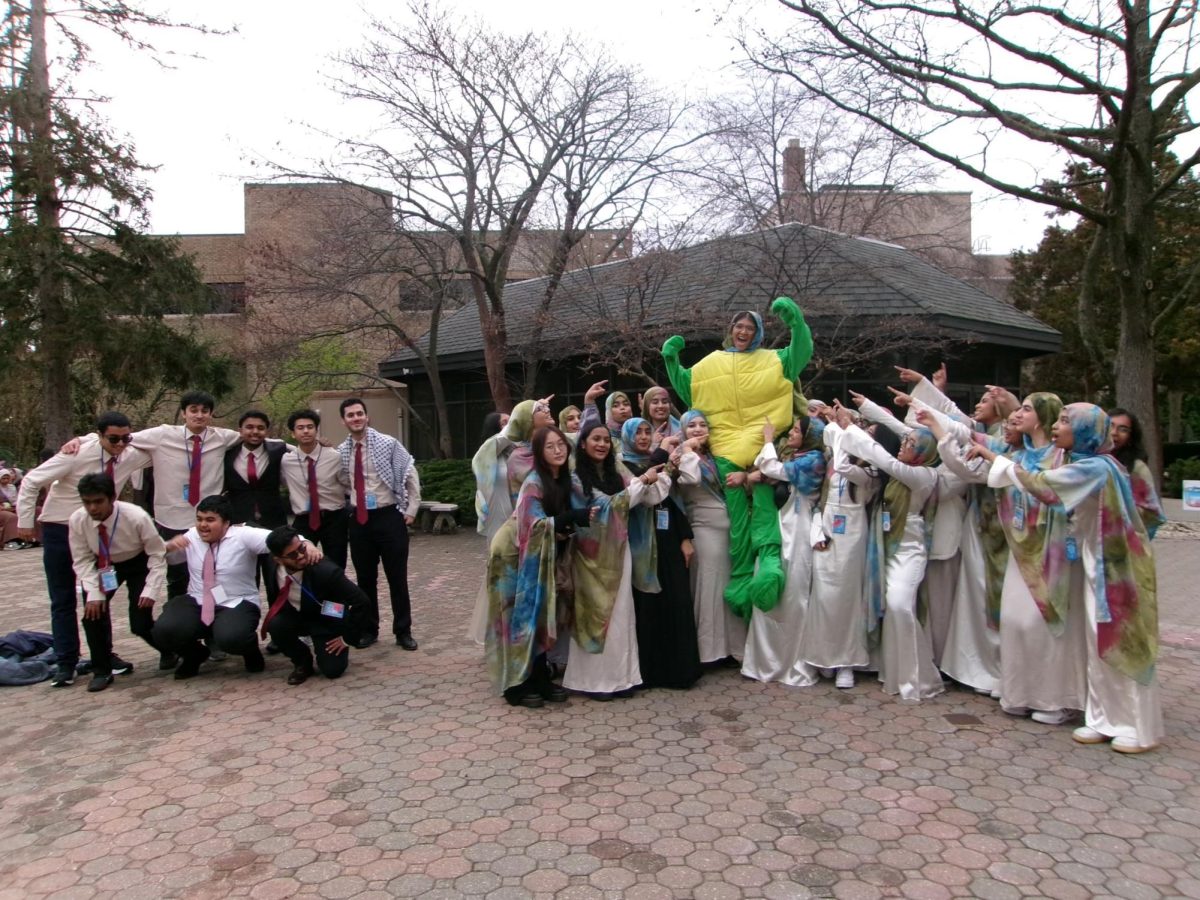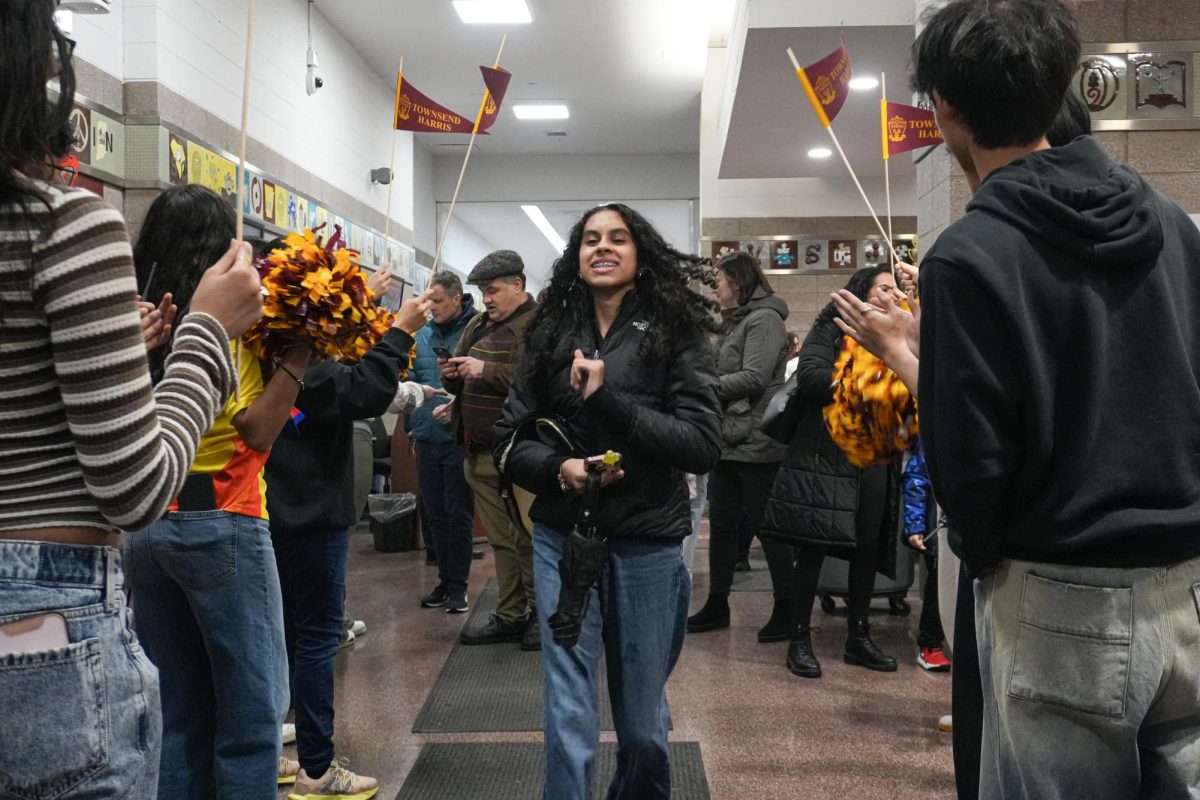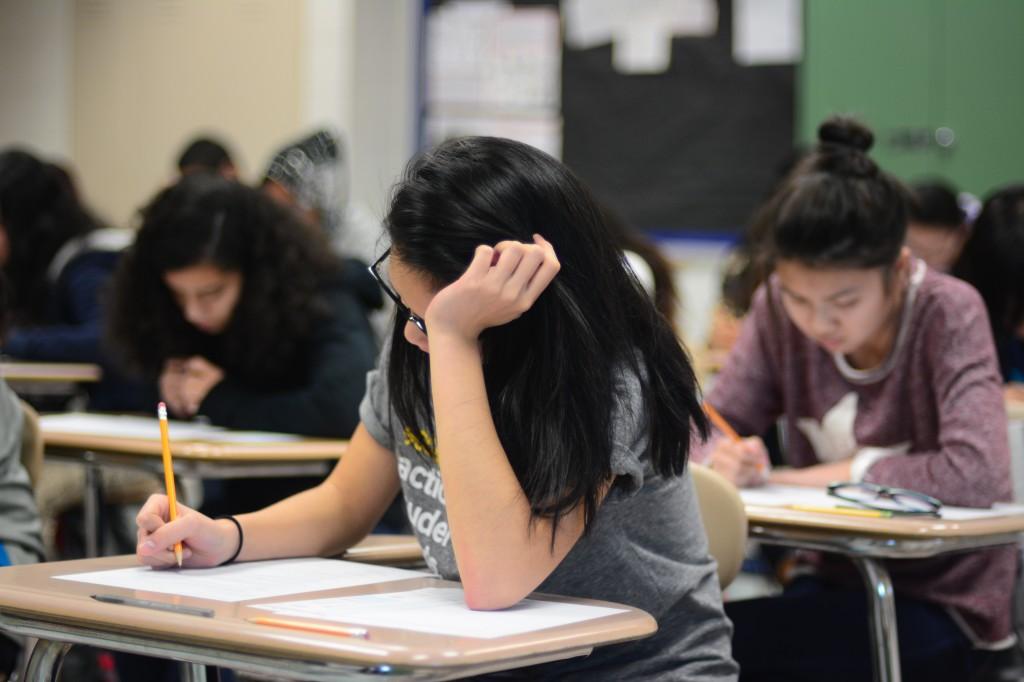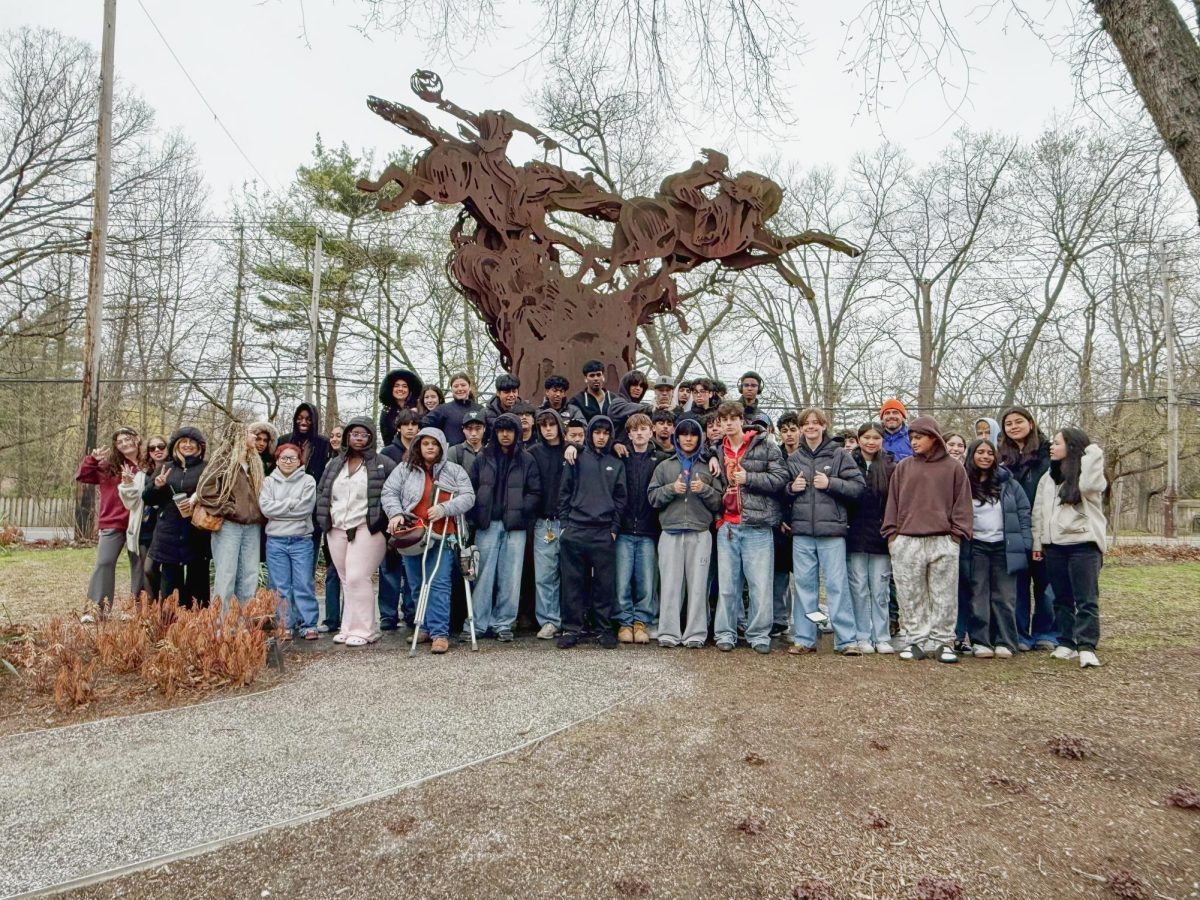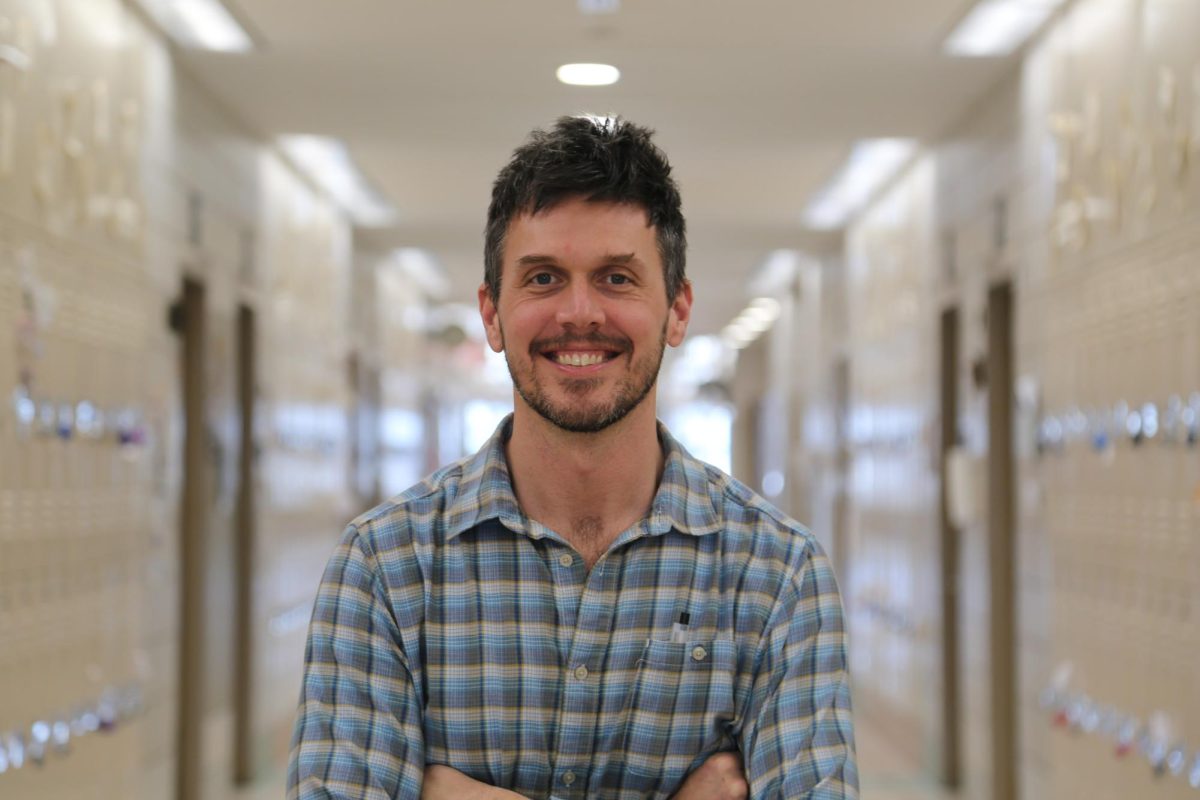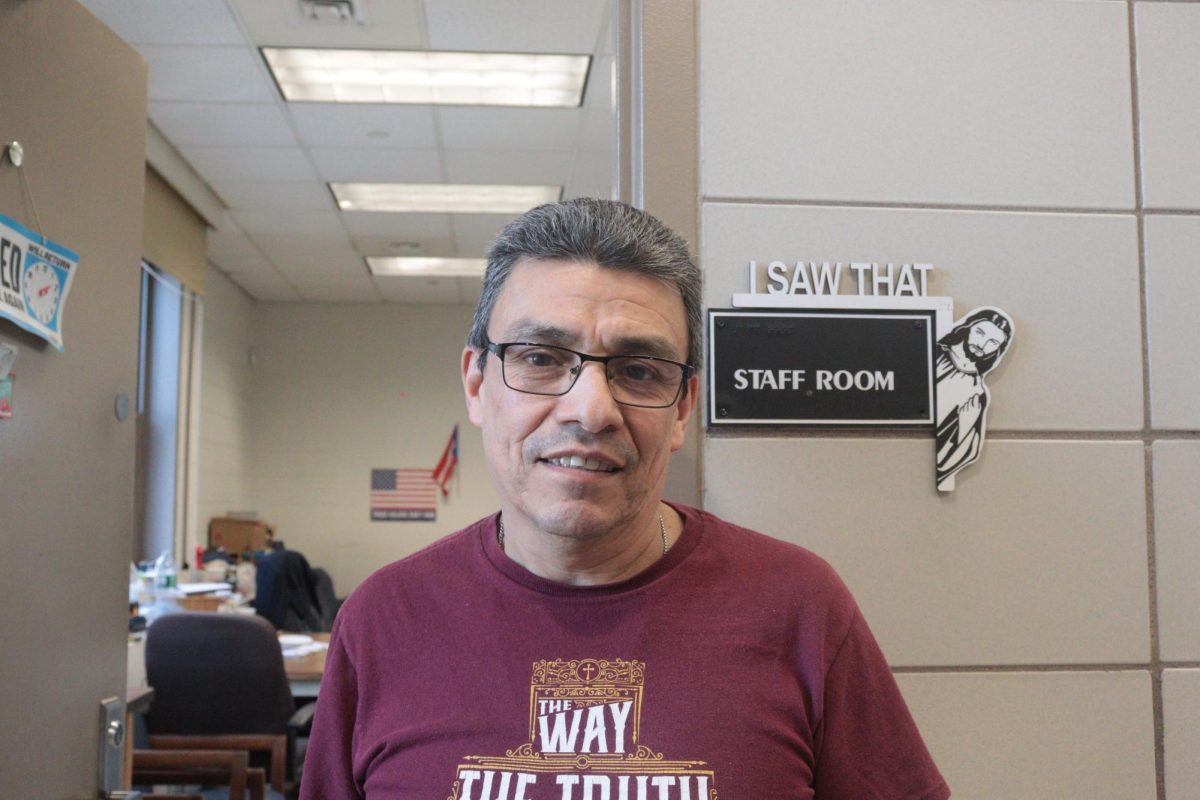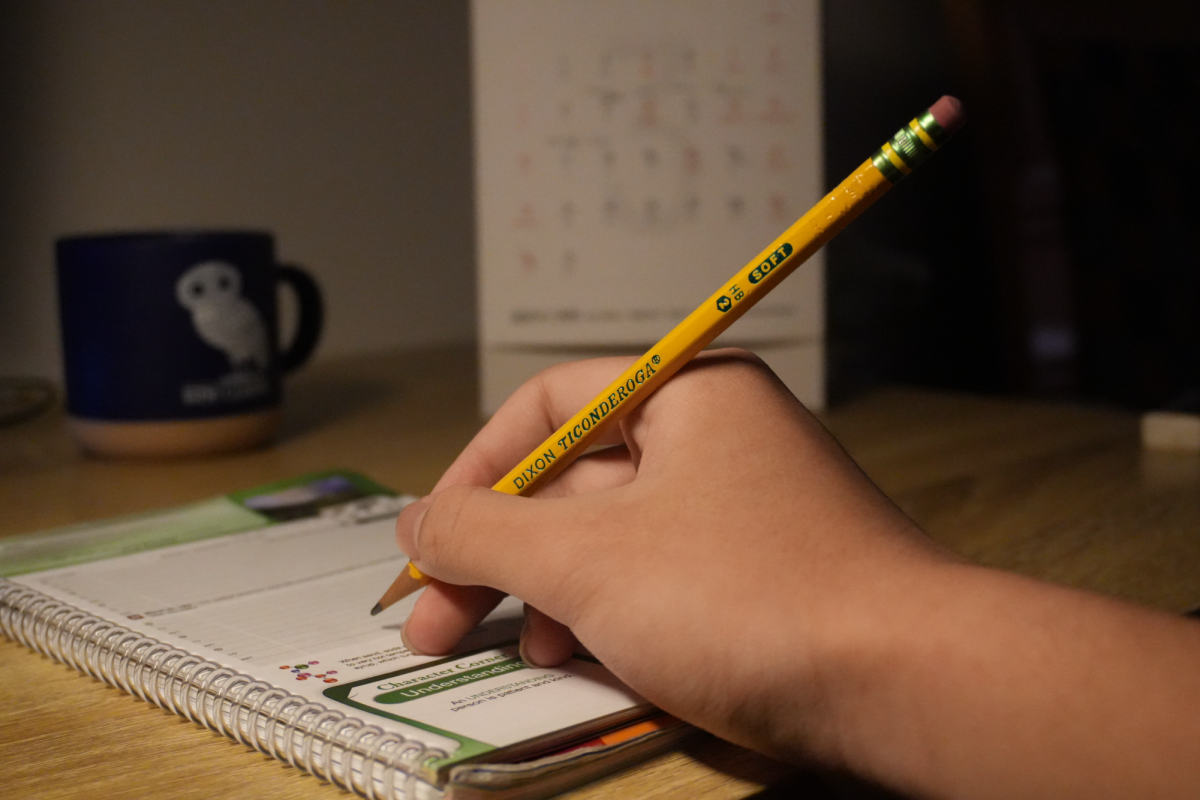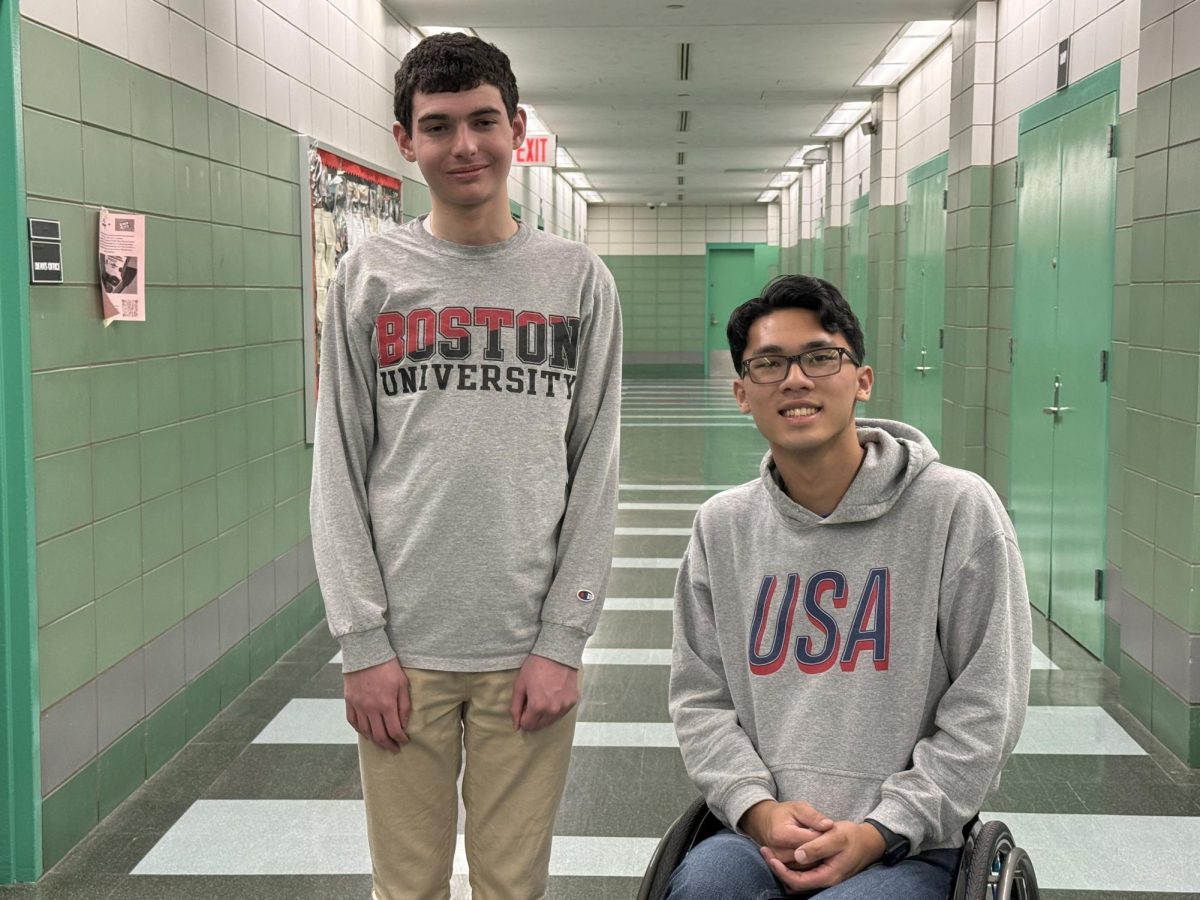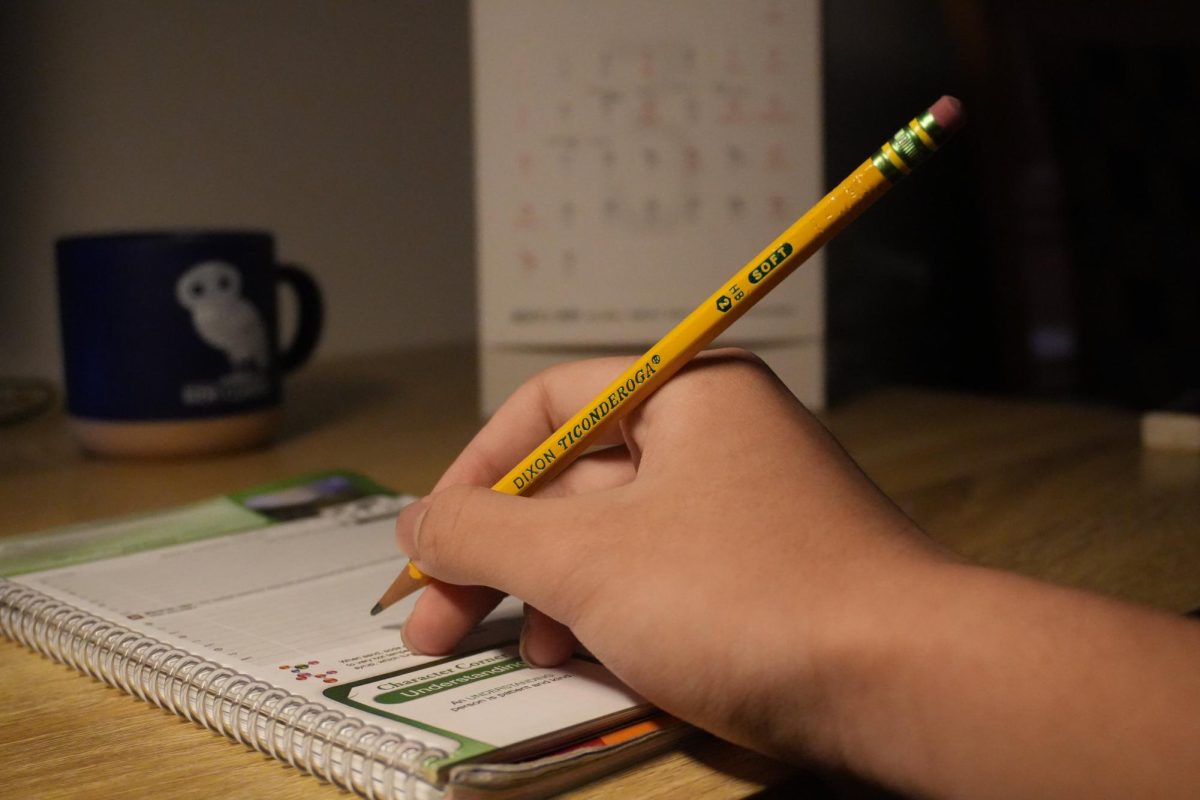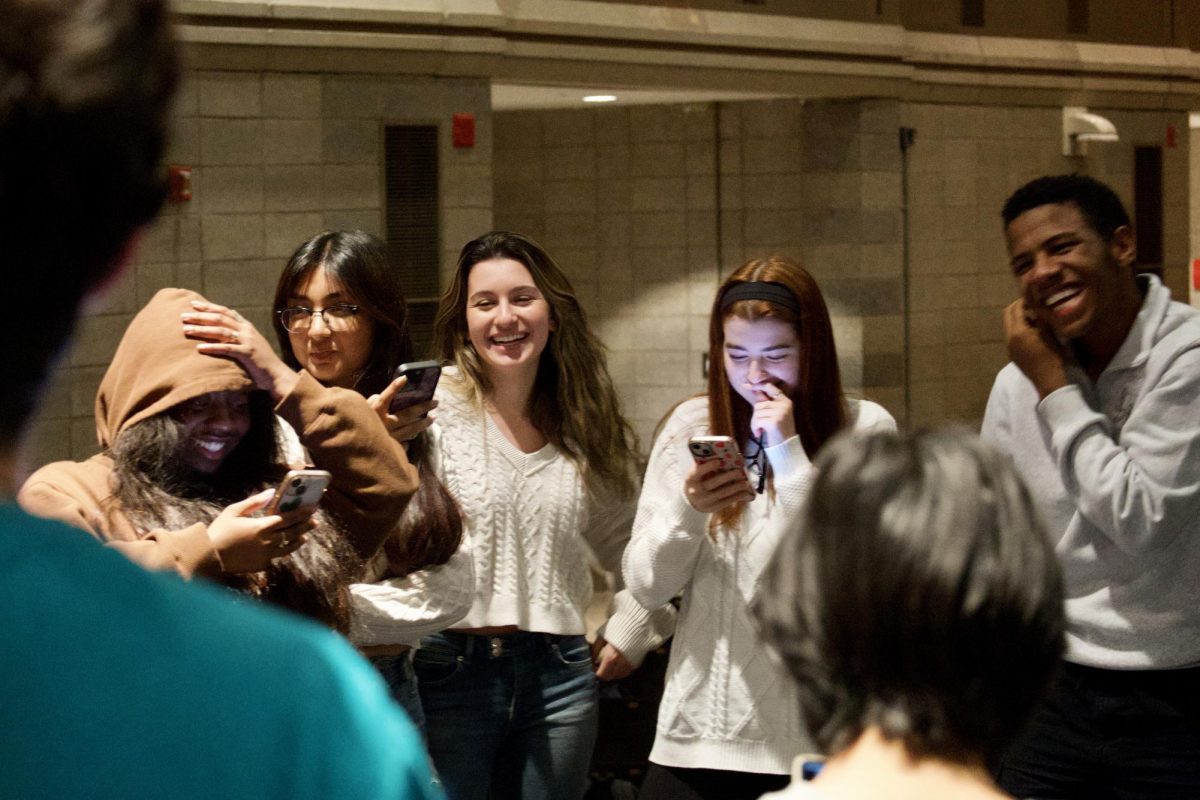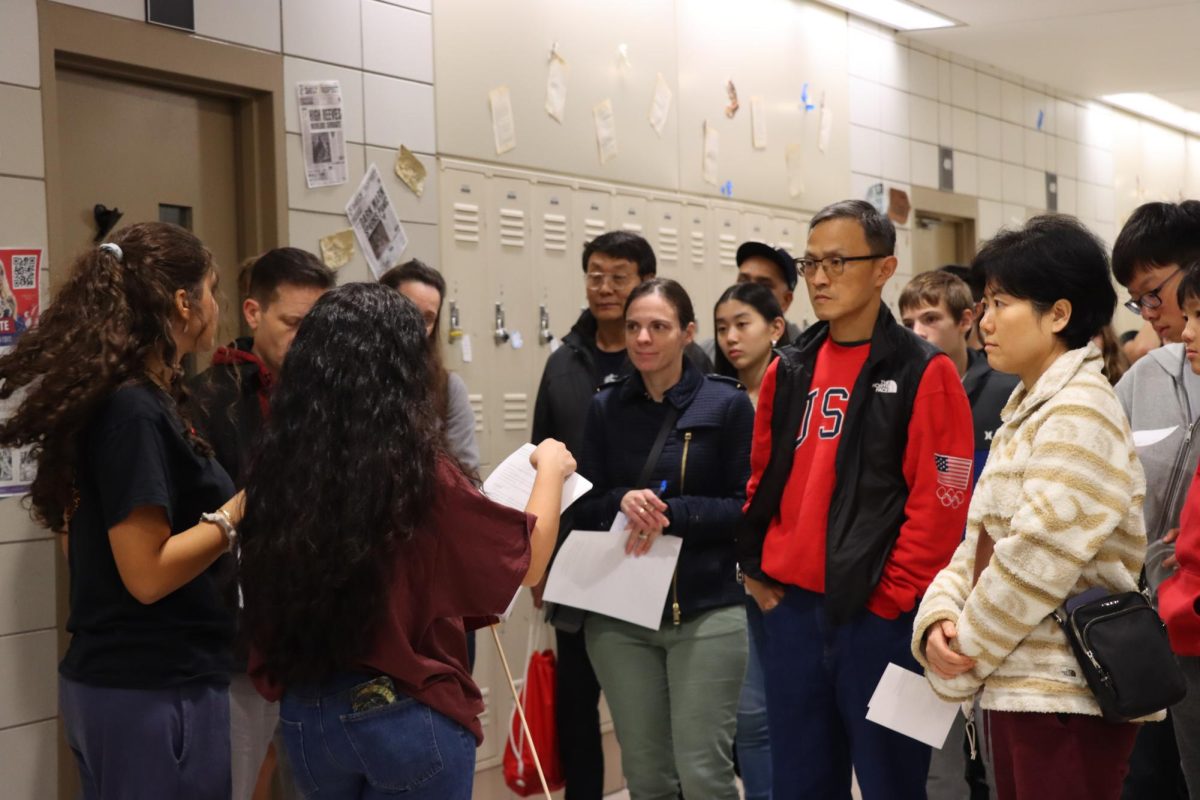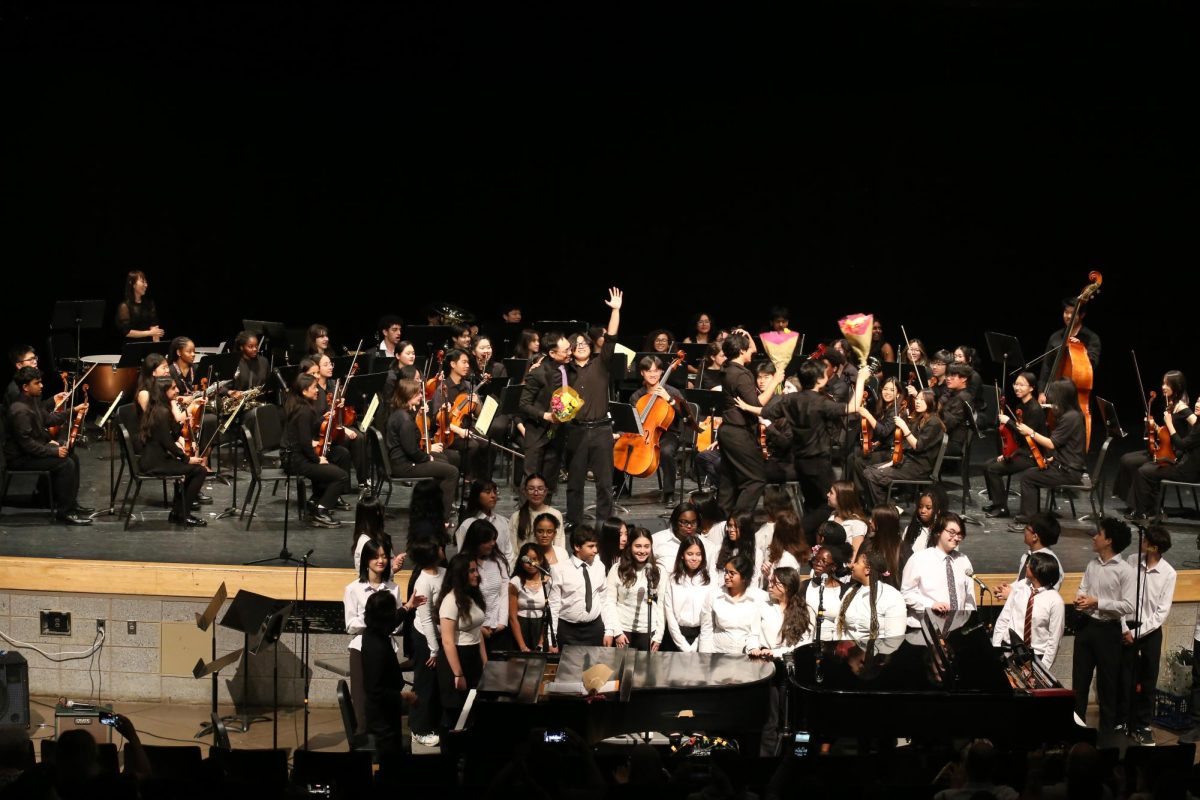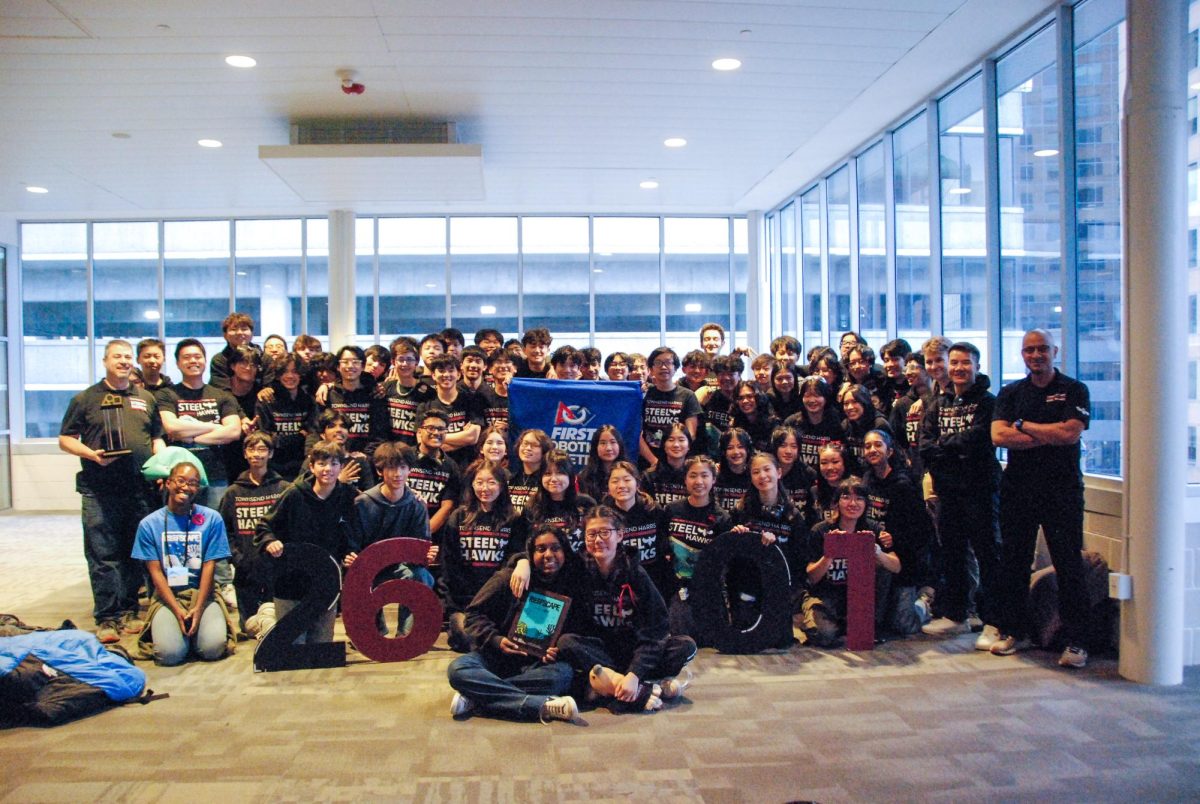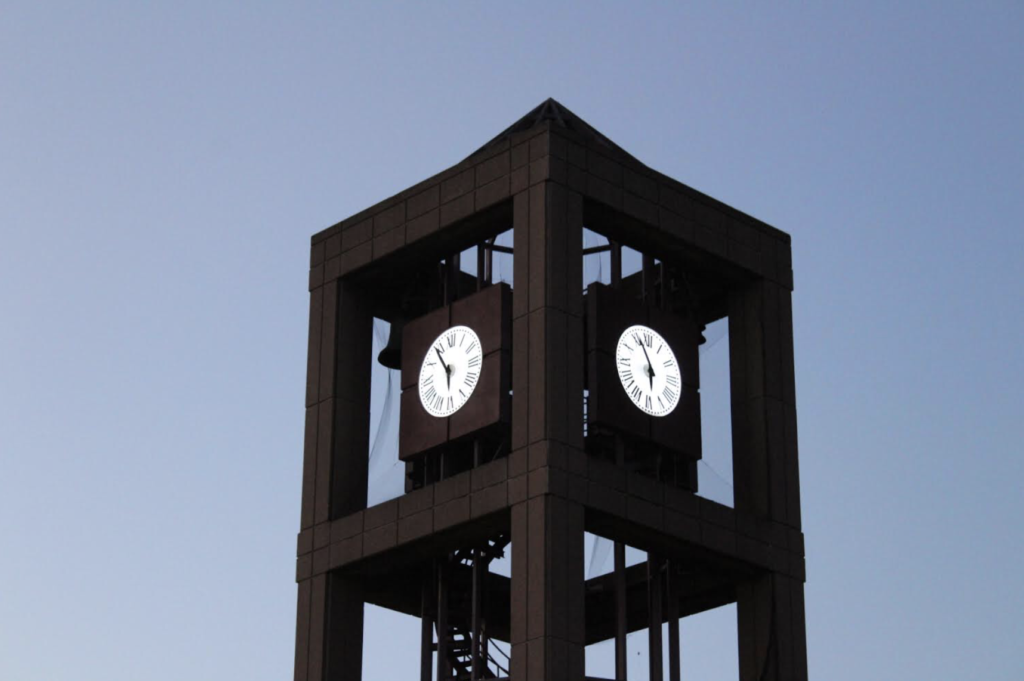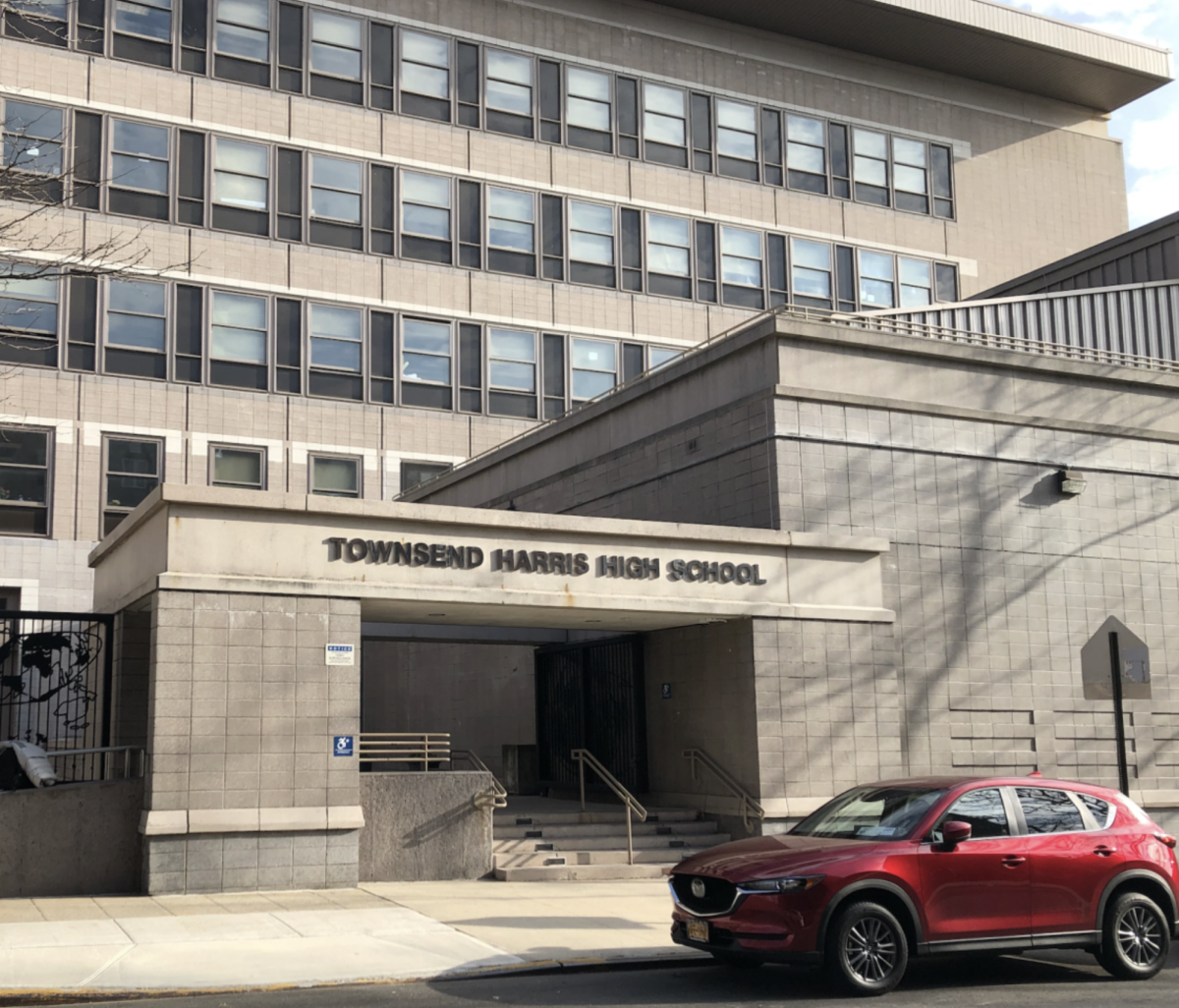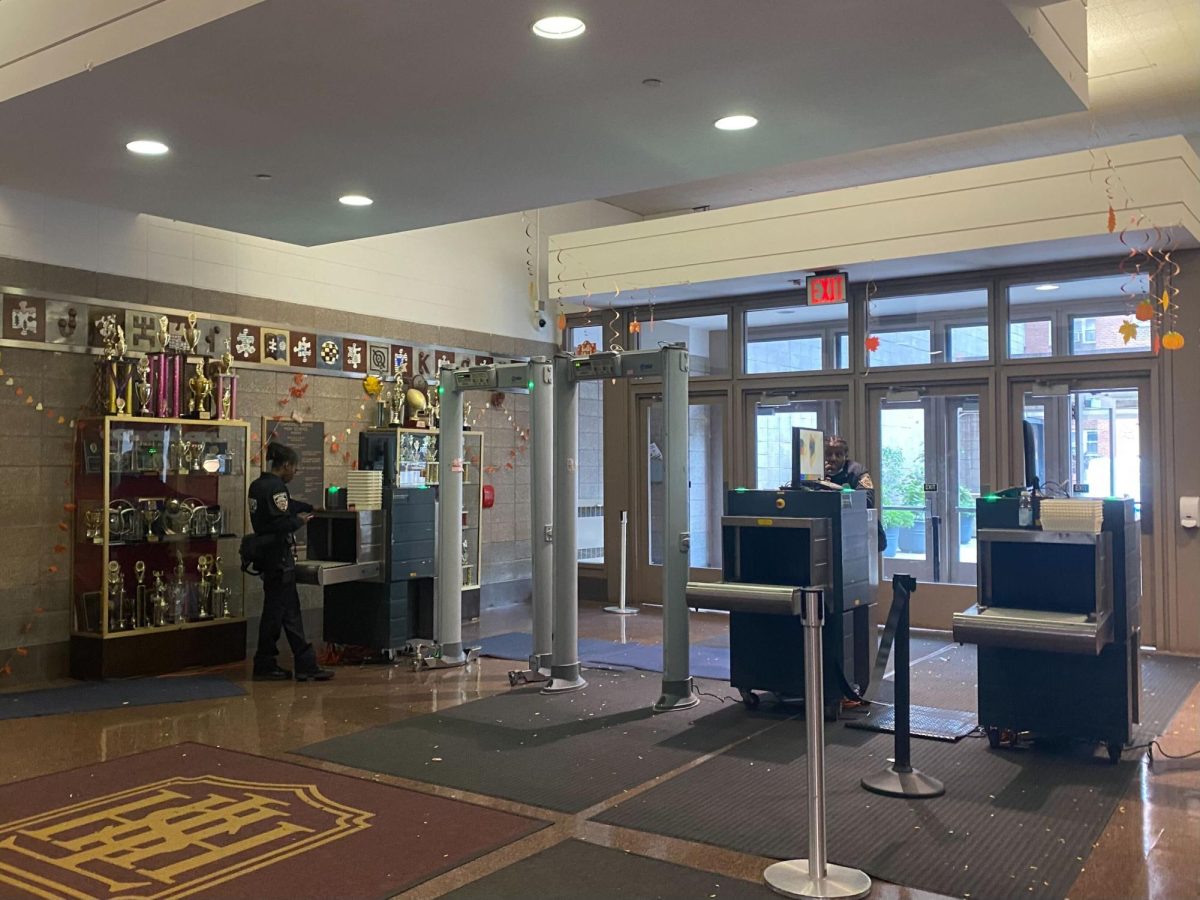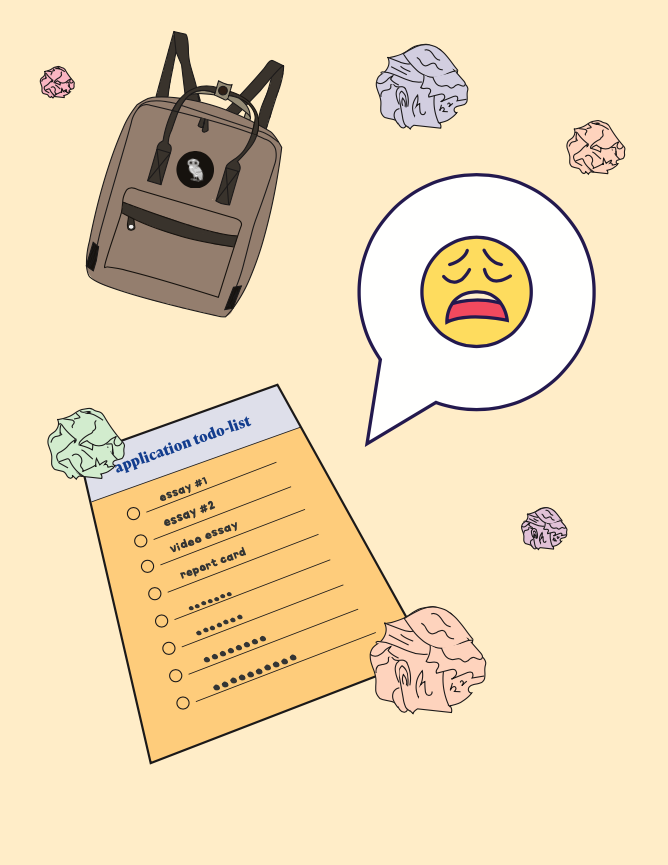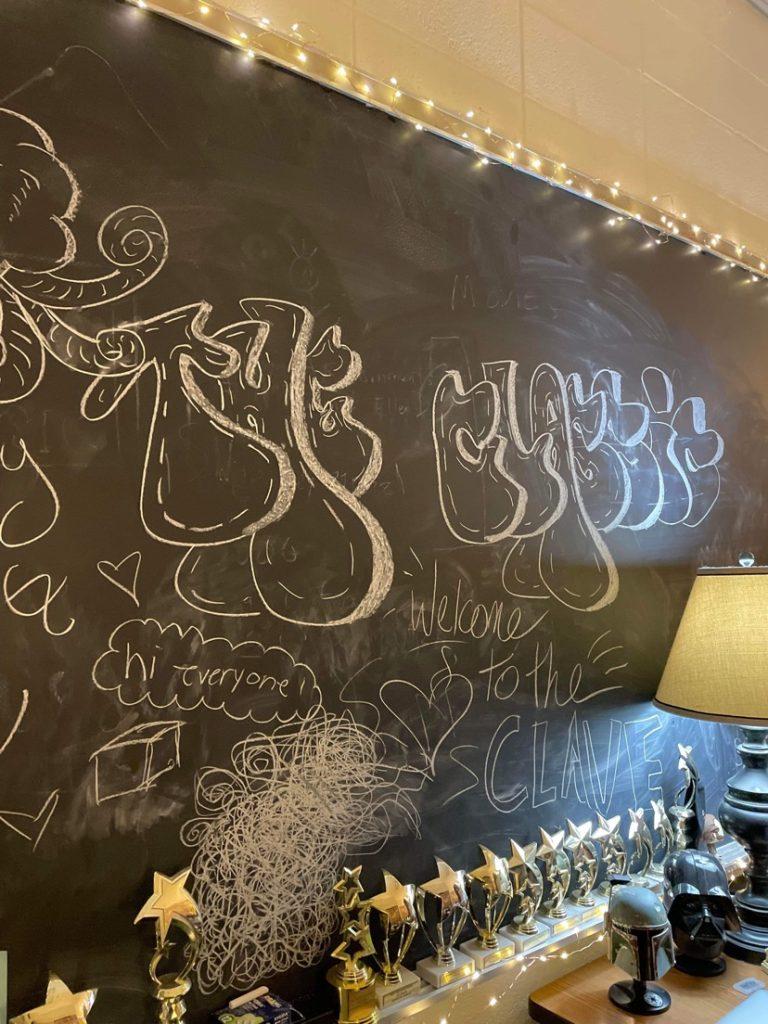
Last May, The Classic reported that five Townsend Harris alumni made allegations of sexual misconduct about two THHS teachers between 2016 and 2017. This piece won an award at a high school journalism conference the following January. “The reporters point to some clear areas for potential policy change,” awards judge and education reporter for the New York Daily News Michael Elsen-Rooney commented. He concluded that the information reported in the article about developing better procedures in response to sexual misconduct “could result in real change.”
Three weeks ago, an alumna from the Class of 2013 reached out to The Classic after reading that same article. The article inspired her to come forward and share her story about her experiences with a third former teacher at THHS. “I was groomed by a predator at the school for over two years,” she wrote. “I had to undergo around six years of therapy to come to terms with it and move on in life. I haven’t yet felt like I’ve fully recovered from that nightmare.”
The teacher accused by this alumna—the sixth former student to speak with The Classic and allege faculty misconduct—does not currently work at the school. The Classic cannot confirm that these accusations are connected to why the teacher no longer works at the school.
When we spoke to the alumna and heard her story, she said she was passionate about protecting future students. She, like Elsen-Rooney, saw last year’s article as a path towards real change and an opportunity for the school to better implement policies and programs to keep students safe.
While the six alumni who spoke to The Classic had different stories, it is clear that what they experienced has impacted them into today, and THHS can do more to prevent this from happening again.
We believe it is important to honor their courage in coming forward by very clearly saying: Townsend Harris needs to implement a yearly training program that focuses on preventing teacher-to-student sexual misconduct.
We recognize that there have been efforts to increase conversations about sexual misconduct this year. This semester, teachers and students participated in training workshops for Title IX, a civil rights law that bans sex-based discrimination in educational institutions and programs that receive federal funding. According to Title IX, sexual misconduct and harassment fall under sex-based discrimination.
The Title IX workshop for students in grades 9 through 11 provided guidance on how to identify student-to-student behaviors that could be considered sexual misconduct. While seniors were told to complete Queens College Sexual Interpersonal Violence Prevention and Response Course (SPARC) training in the fall of 2020 as QC Bridge Year students, they were not offered or required to attend training facilitated by THHS.
These workshops did not go far enough. Given the history of allegations at THHS, it is imperative that the administration develop a training plan focused on teacher-to-student misconduct.
The Classic spoke to three juniors who attended this year’s Title IX workshops at THHS. Two said that there was no mention of teacher-to-student misconduct at all. One said that the topic came up during the Q&A session and that the workshop leader responded by saying that the information being provided about student-to-student misconduct was also applicable to teacher-to-student scenarios.
But according to Dr. Charol Shakeshaft, a professor at Virginia Commonwealth University who studies standards for the prevention of educator misconduct, sexual misconduct training should clearly distinguish between what teacher-to-student and student-to-teacher misconduct look like. She said training needs to be conducted every year, and it needs to be mandated for faculty and students and offered to parents.
Dr. Shakeshaft said that while the process for reporting student-to-student and teacher-to-student misconduct might be similar, the two types of misconduct are not identified by the same signs. Between student-to-student and teacher-to-student relationships, there are different boundaries that constitute misconduct. Dr. Shakeshaft explained that when identifying student-to-student sexual harassment or misconduct, the question of consent comes up. However, this is not a factor in teacher-to-student sexual misconduct because inappropriate behaviors between an adult and a minor are criminal, regardless of consent.
It’s clear that we need:
- A yearly training program provided for students and teachers and offered to parents that focuses on recognizing and reporting inappropriate behaviors in teacher-student relationships that is geared towards THHS specifically.
- Clear communication about the purpose of the training program to all members of the school community. This year, students and teachers were not provided clear context or a rationale for what the Title IX workshops would cover beforehand. It is unclear why seniors were not included in the training, and they must be in the future.
- Clear plans to proactively and regularly educate all members of the community on existing DOE policies and procedures related to teacher-to-student misconduct. Faculty members, students, and parents should all have access to guidelines that reframe and clarify DOE policies in a manner that is applicable to THHS, informing them what to report and what not to report in scenarios that might occur in our school’s environment.
The Classic will continue to reach out to experts and leaders of sexual misconduct training programs in order to report on what training should look like to help the school develop an effective Title IX training program. A feature article documenting this research will come out before the end of this school year, and future editors will commit to following up on these topics.
THHS is not the only high school to fall short in this area. When we asked Dr. Shakeshaft about schools that had exemplary programs for training students, faculty, and parents to protect against and prevent sexual misconduct, she said that she could not name one without looking into it further. The majority of her studies, she said, involve schools without sufficient training.
Even if people believe that these allegations from the past do not relate to the current climate of the school, we believe THHS must still safeguard all current and future students. Good training and difficult conversations about misconduct of this nature can help our students well beyond high school. And we owe it to the graduates who have shown courage in sharing their stories and who are still hurting from their experiences to become the school that an expert can name when asked which school in the country best protects its students.
Signed,
Nikki Ng, Editor-in-Chief
Victoria Oei, Editor-in-Chief
Samantha Sestak, Editor-in-Chief

